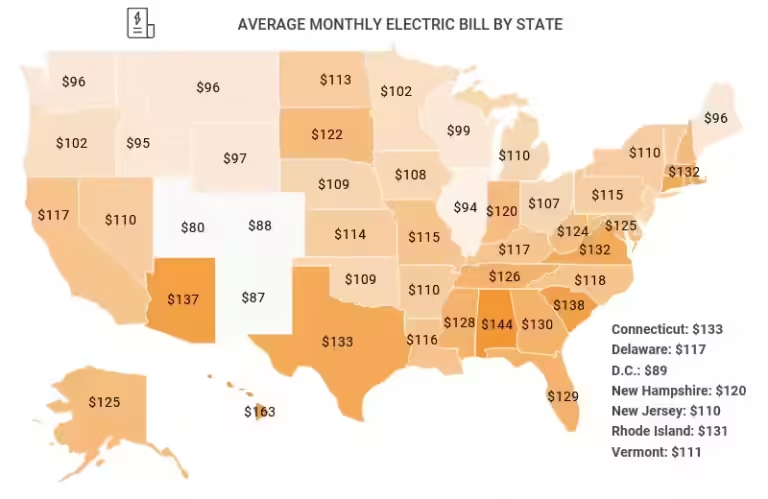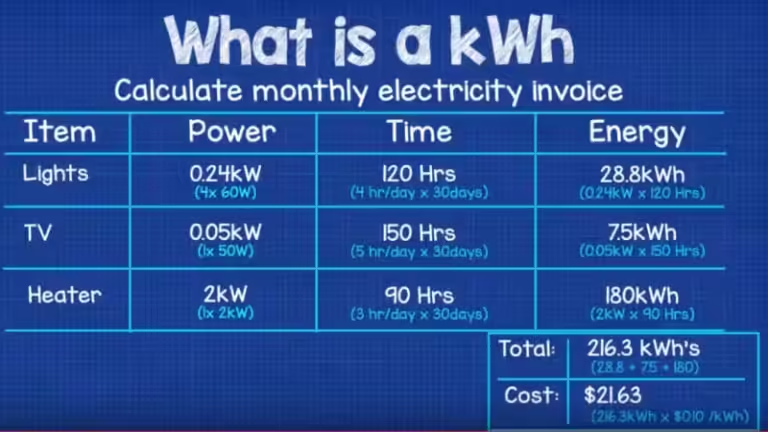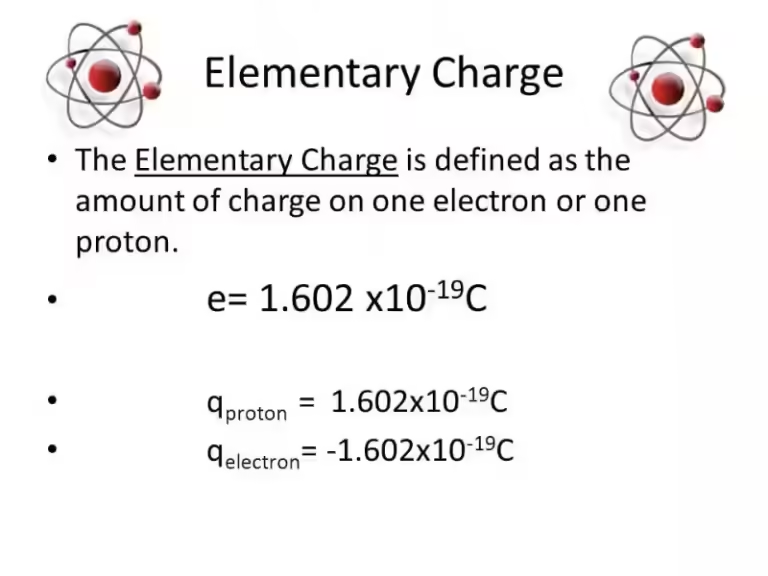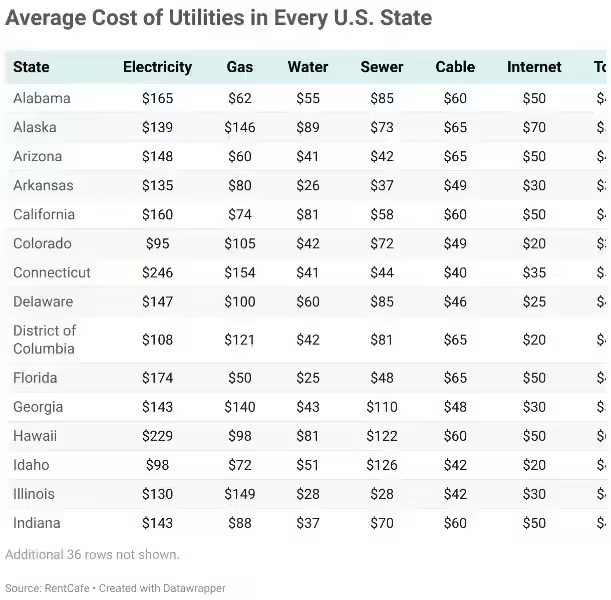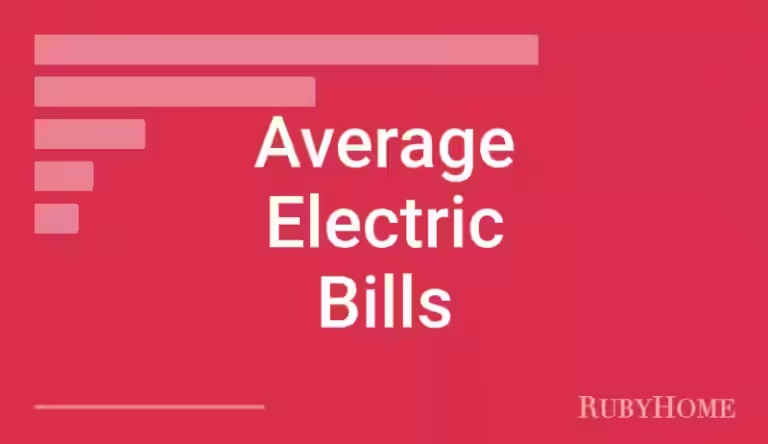Why Is There a Fuel Charge on My Electric Bill?
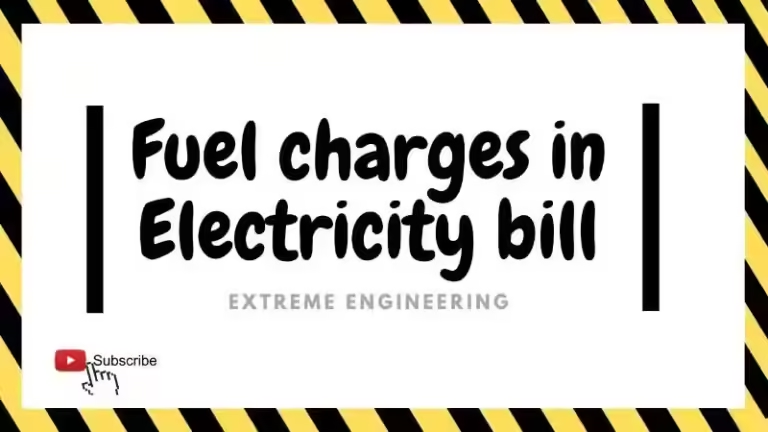
Have you ever looked at your electric bill and wondered, "Why is there a fuel charge?" You're not alone. Many people are confused about this additional fee, especially when they feel like they're already paying a hefty sum for electricity. The truth is, fuel charges are a common practice among utility companies, and they play a key role in the overall cost of electricity.
To understand this charge, we need to delve into the complex world of electricity generation and the factors that influence its price. Think of it like this: you wouldn't expect to pay the same amount for gasoline every time you fill up your car, right? The price of gas fluctuates due to various factors, such as oil production, global demand, and even geopolitical events. The same logic applies to electricity.
Fuel Charges: The Heart of the Matter
Electricity generation is a multifaceted process that involves converting different fuel sources into usable energy. The most common fuel sources include natural gas, coal, nuclear power, and renewable energy sources like solar and wind. These fuels are not all created equal in terms of cost, and their prices are subject to fluctuations, just like gasoline.
The fuel charge on your electric bill reflects the cost of the fuel used to generate the electricity you consume. When the price of fuel goes up, the fuel charge on your bill will increase as well. This direct correlation is why you might see significant fluctuations in your bill, even if your usage stays relatively constant.
Why Does My Fuel Charge Seem So High?
The fuel charge is often a point of contention for customers, especially when it seems like it's taking a big bite out of their monthly budget. There are several factors that can contribute to the perception of a high fuel charge:
- Fuel Price Fluctuations: As mentioned earlier, fuel prices are constantly changing. A sudden spike in the cost of natural gas, for instance, will directly impact the fuel charge on your bill.
- Seasonal Demand: The demand for electricity fluctuates throughout the year. During hot summer months, when people are running their air conditioners more, the demand for electricity increases. This can lead to higher fuel costs, as utility companies need to generate more electricity to meet the demand.
- Power Plant Efficiency: The efficiency of a power plant can affect the amount of fuel needed to generate electricity. Older, less efficient plants may require more fuel to produce the same amount of electricity as newer, more efficient ones. This difference in efficiency can impact the fuel charge on your bill.
Navigating the Fuel Charge
While you cannot control the fuel charge directly, it's important to understand how it's calculated and what factors influence it. This knowledge can help you make informed decisions about your energy consumption and potentially reduce your overall bill.
Here are some practical tips for navigating fuel charges:
- Review Your Billing Breakdown: Take a close look at your electric bill to understand the different components, including the fuel charge. This can help you identify any unusual charges and contact your utility company if you have questions.
- Compare Rates: If you're unhappy with your fuel charge or overall electric bill, consider comparing rates from other energy providers in your area. Some providers may have lower fuel charges or different pricing structures.
- Conserve Energy: Simple changes in your energy habits can make a big difference in your bill. Turn off lights when you leave a room, use energy-efficient appliances, and adjust your thermostat to conserve energy.
- Consider Renewable Energy: Investing in renewable energy sources, like solar panels, can help you reduce your reliance on fossil fuels and potentially lower your fuel charge in the long run.
Ultimately, understanding the fuel charge is essential for making informed decisions about your energy consumption and managing your household budget. By staying informed, you can take steps to optimize your energy usage and potentially minimize the impact of fuel cost fluctuations on your electric bill.
Frequently Asked Questions
Why is there a fuel charge on my electric bill?
The fuel charge reflects the cost of the fuel used to generate electricity. Fuel costs fluctuate based on market prices, which can impact your overall bill.

